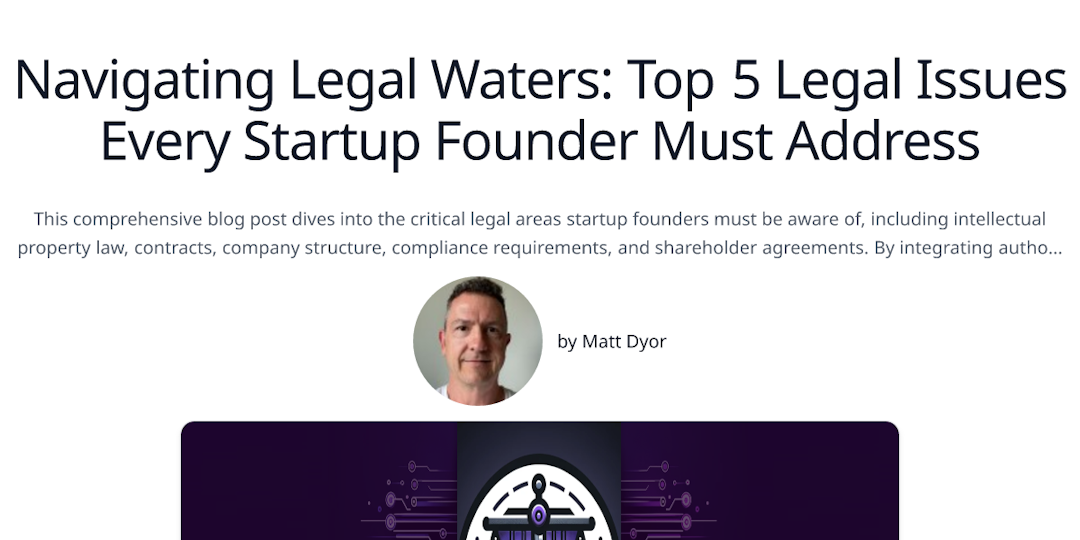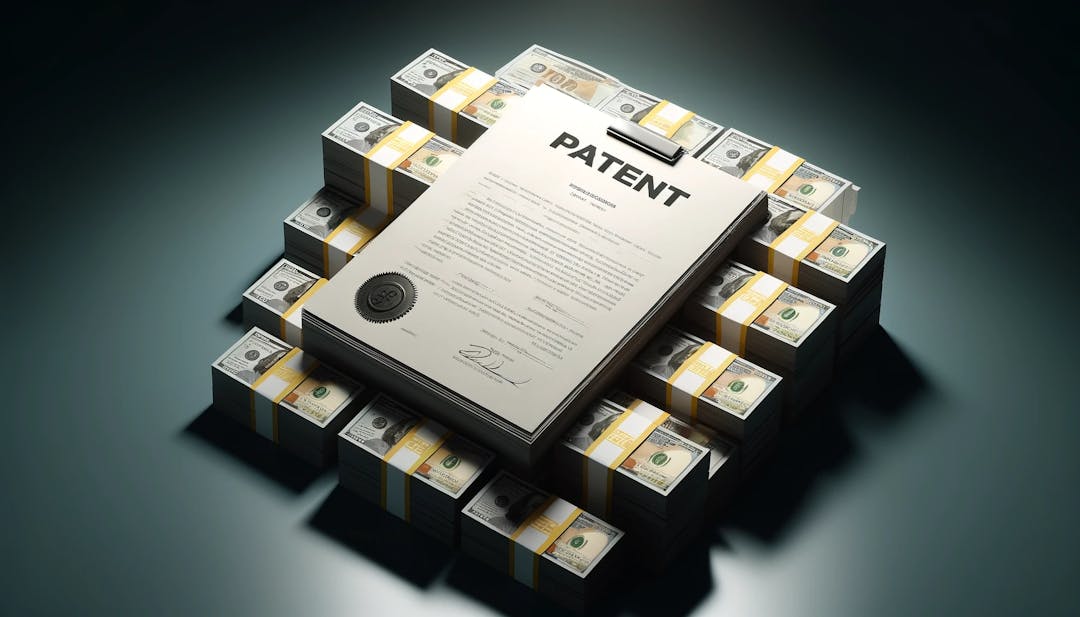Today, we are not talking about whether you should seek patent rights or education about patent terminology and process. We are jumping into execution mode: get a provisional patent application filed with the United States Patent and Trademark Office (USPTO) on your own as soon as possible. Let's go.
Step 1: Understand the Importance of a Provisional Patent Application
A provisional patent application (PPA) offers a cost-effective way to establish an early filing date. This 12-month period before filing a non-provisional patent application allows you to refine your invention, explore market potential, and seek funding without losing your priority date. Learn more about the benefits of a PPA ↗.
Step 2: Conduct a Patent Search
This is not an exhaustive search, but can be very useful for 2 reasons: you understand how people talk about your area of technology, and you may find that another inventor has already covered the basics of your invention - meaning that you should focus your provisional patent application on the improvements of your invention over their invention. There is no requirement to conduct a search prior to filing a patent application of any kind - provisional or non-provisional - so you can skip this test.
Although the USPTO provides a USPTO basic search ↗, it is fairly unsearchable. Try Google Patents ↗ and you will have a better time finding prior art.
UPDATE: After watching the USPTO's Webinar on Searching like a Patent Examiner, I learned that the Advanced Search is very powerful. I wrote a blog post about Searching like a Patent Examiner ↗, and if I am able to get a link to the USPTO materials I will share those here as well.
Step 3: Prepare Your Provisional Patent Application
The core of your application lies in its detailed description—this is where you describe what you have built that is different than what others have described in a single application (anticipated) or described in multiple applications (made obvious). Illustrations, while not mandatory, can significantly enhance the understanding of your invention. Although not required for a provisional application, the more of the non-provisional filing requirements ↗ you satisfy in your provisional application, the more likely your provisional patent application filing date will serve as the effective filing date for your non-provisional patent application and your eventual patent.
TL;DR: if you are looking for more than a "patent pending" label, and intend to license or litigate patent rights in the future, ensure your provisional patent application satisfies the non-provisional requirements.
Step 4: Submit Your Application and Pay Fees
Once your application is prepared, submit it electronically through the USPTO's Electronic Filing System (EFS-Web) ↗. This portal streamlines the submission process. Along with your application, you'll need to pay the filing fees , which vary based on the size of your entity. Refer to the current USPTO fee schedule ↗ to determine the costs associated with your submission. Currently, this is $60 for micro entities, $120 for small entities, and $300 for large entities.
Step 5: Use Your "Patent Pending" Status to Advantage
Upon filing a provisional patent application, you can legally use the term "patent pending" in connection with your invention. This status can be instrumental in deterring competition, attracting investors, and negotiating partnerships or licensing deals.
Following Through with a Non-Provisional Patent Application
Remember, a provisional patent application is not examined by the USPTO and will not mature into an issued patent unless you follow up with a non-provisional patent application within 12 months. Ensuring your subsequent application is comprehensive and timely is crucial to securing your intellectual property rights.
Navigating the patent application process can be daunting, but securing a provisional patent is a critical first step towards protecting your startup's innovations. As every invention and business scenario is unique, partnering with an experienced patent attorney can provide tailored advice and help streamline the process.
Considering filing a provisional patent application for your startup's innovation, but don't want to do it alone? Schedule a call ↗ with me today. With my expertise, we can demystify the process, ensuring your intellectual property is protected, and your startup is positioned for success in the competitive market landscape.























